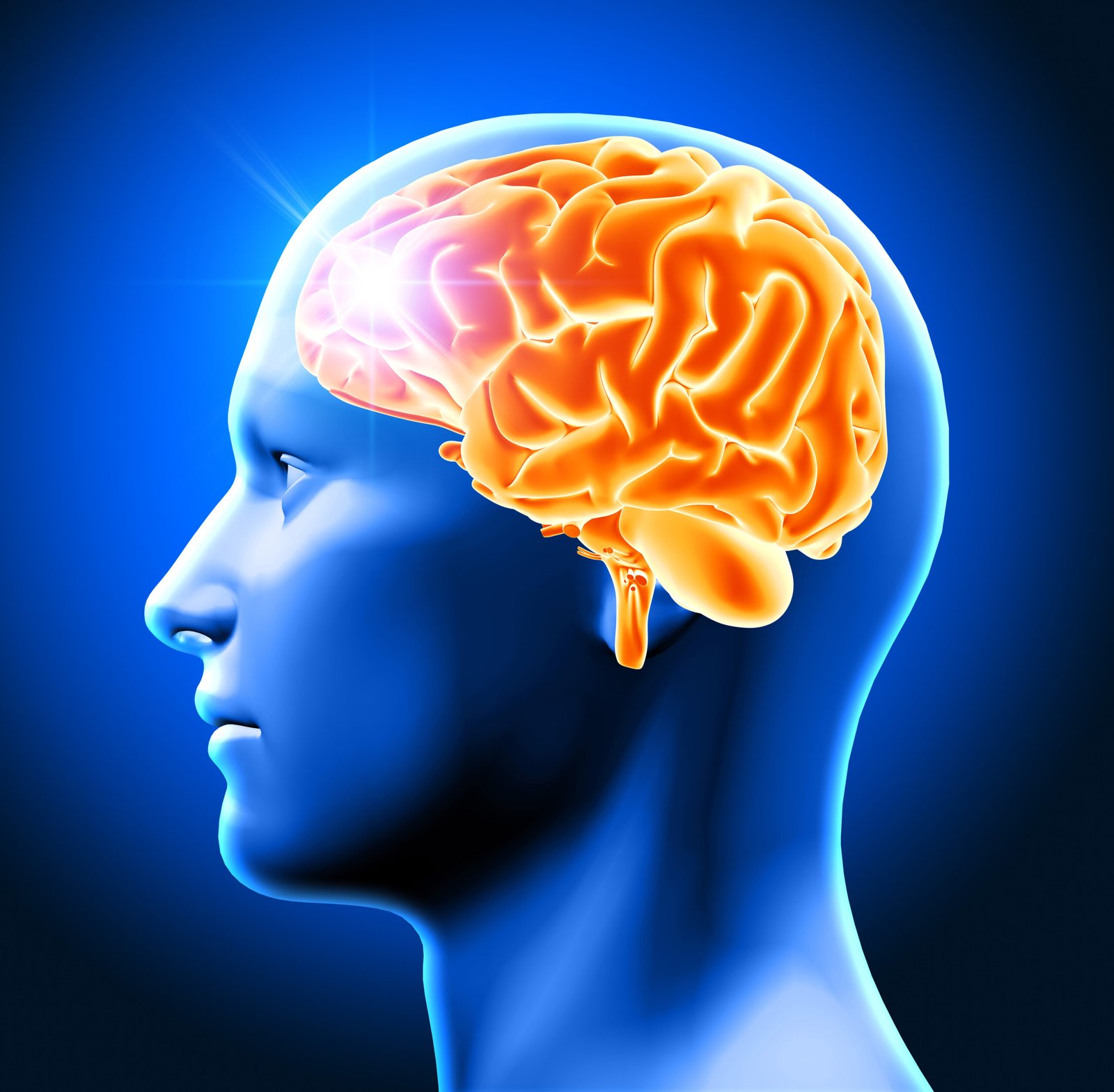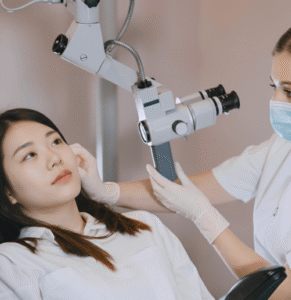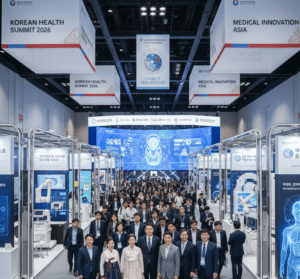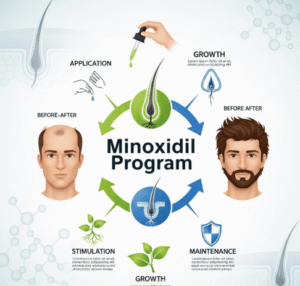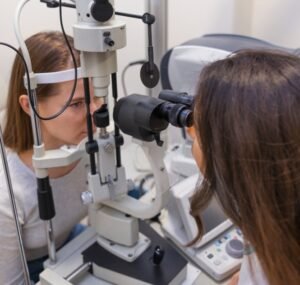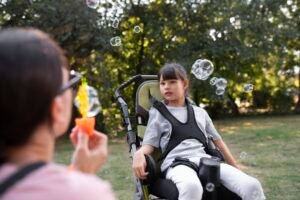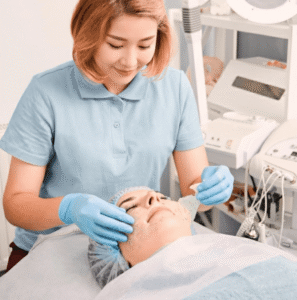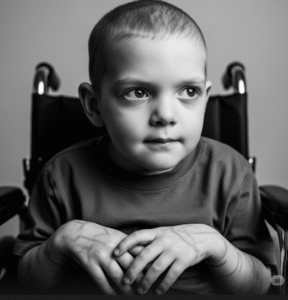Overview
Synucleinopathies are a group of neurodegenerative diseases characterized by the abnormal accumulation of alpha-synuclein protein in the brain. These conditions progressively affect movement, cognition, and autonomic functions. In Korea, awareness and diagnosis of synucleinopathies have grown due to improved neurological research and access to advanced medical imaging and treatment facilities.
What is Synucleinopathy?
Synucleinopathies include disorders such as Parkinson’s disease, dementia with Lewy bodies (DLB), and multiple system atrophy (MSA). These diseases share a common pathological hallmark—misfolded alpha-synuclein proteins that aggregate and disrupt brain function. Depending on the specific type, symptoms may range from tremors and stiffness to memory loss and autonomic dysfunction.
Symptoms
Symptoms vary depending on the type of synucleinopathy but may include:
- Muscle rigidity and stiffness
- Tremors (especially in Parkinson’s disease)
- Slow or impaired movement (bradykinesia)
- Balance and coordination issues
- Cognitive decline and memory loss
- Hallucinations or mood changes (common in DLB)
- Autonomic dysfunction (e.g., blood pressure fluctuations, bladder control issues – common in MSA)
Causes
- Misfolding and aggregation of the alpha-synuclein protein in brain cells
- Exact cause remains unknown but may involve genetic mutations and environmental factors
- Mitochondrial dysfunction and oxidative stress may contribute to disease progression
Risk Factors
- Age (most synucleinopathies develop after age 50)
- Genetic predisposition (e.g., SNCA gene mutations)
- Family history of Parkinson’s disease or related disorders
- Exposure to environmental toxins (pesticides, heavy metals)
- Head trauma
Complications
- Progressive loss of mobility and independence
- Dementia and cognitive deterioration
- Difficulty speaking or swallowing
- Respiratory problems in advanced stages
- Emotional and psychiatric issues, including depression and anxiety
- Increased risk of falls and injuries
Prevention
Currently, there is no known way to prevent synucleinopathies, but early diagnosis and supportive care can improve quality of life. General preventive approaches include:
- Healthy lifestyle (balanced diet, regular exercise)
- Avoidance of environmental toxins
- Management of cardiovascular health
- Cognitive stimulation activities
Treatment Options in Korea
South Korea provides world-class medical care for neurodegenerative diseases, including synucleinopathies, through its specialized neurology departments in major hospitals.
- Diagnosis: MRI, PET scans, dopamine transporter scans (DaTscan), and clinical neurological evaluations are widely available.
- Medication: Parkinson’s disease symptoms are managed with drugs like levodopa, dopamine agonists, and MAO-B inhibitors. DLB and MSA treatments focus on symptom relief and managing progression.
- Deep Brain Stimulation (DBS): Advanced surgical therapy offered at top institutions like Seoul National University Hospital and Samsung Medical Center, mainly for Parkinson’s disease.
- Multidisciplinary care: Patients benefit from teams including neurologists, physiotherapists, occupational therapists, and psychologists.
- Clinical trials: Korea actively participates in clinical research for alpha-synuclein-targeting therapies and disease-modifying drugs.
- Support systems: Patient support groups and rehabilitation programs are growing in hospitals and community centers.

